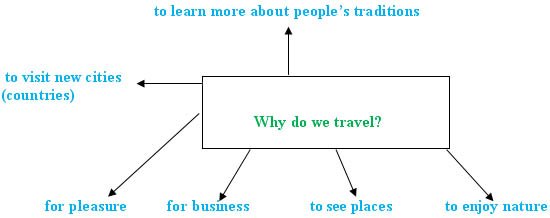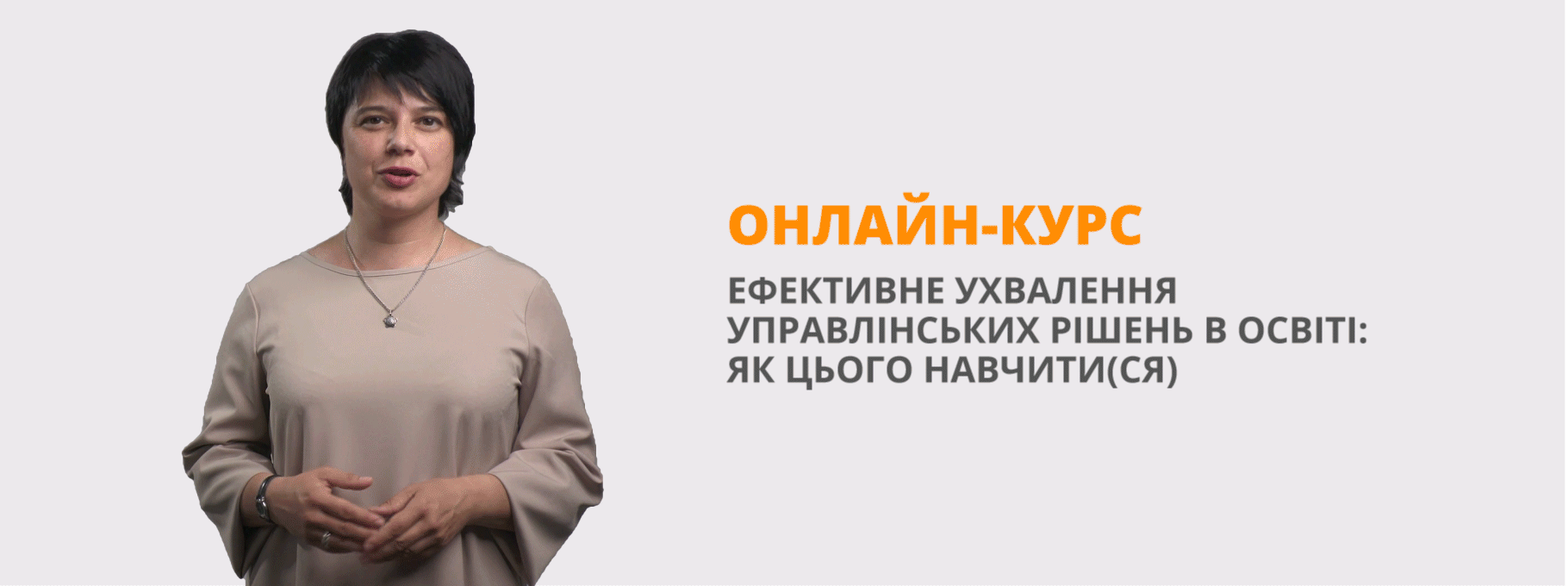Урок "Transport in London"
Метою уроку є активізувати ЛО по темі та практикувати мовні засоби за темами «Подорож», «Транспорт»; повторити граматичний матеріал: ступені порівняння прикметників; практикувати учнів у складанні речень з різними ступенями порівняння прикметників; вдосконалювати компетенції, аудіювання й усного діалогічного та монологічного мовлення;
розвиваюча: уважно стежити за презентованою інформацією, ефективно співпрацювати під час групової роботи; мотивувати готовність брати участь в іншомовному спілкуванні, логічно висловлювати думку;
виховна: виховувати уміння сконцентруватися, спухати інших, формувати доброзичливу атмосферу в класі; вчити культурі спілкування, прийнятої в сучасному цивілізованому світі.
Урок № 59
Учитель: Шелякіна О.В.
Клас: 6
Тема: Подорож.
Підтема: Міський транспорт в Лондоні.
Мета: навчальна: активізувати ЛО по темі та практикувати мовні засоби за темами «Подорож», «Транспорт»; повторити граматичний матеріал: ступені порівняння прикметників; практикувати учнів у складанні речень з різними ступенями порівняння прикметників; вдосконалювати компетенції, аудіювання й усного діалогічного та монологічного мовлення;
розвиваюча: уважно стежити за презентованою інформацією, ефективно співпрацювати під час групової роботи; мотивувати готовність брати участь в іншомовному спілкуванні, логічно висловлювати думку;
виховна: виховувати уміння сконцентруватися, спухати інших, формувати доброзичливу атмосферу в класі; вчити культурі спілкування, прийнятої в сучасному цивілізованому світі.
Тhe Procedure of the lesson:
- Organization moment.
1.Greeting and Aim.
Teacher: Good morning, dear pupils. Today we’ll speak about transport and I must confess that our lesson will be interesting, because we’ll speak about transport in London.
At the beginning of the lesson I want to pay your attention to these rules, you should follow them.
The golden rules:
-Be attentive
-Be active
-Be emotional
-Don’t interrupt each other
-Don’t say “I don’t”
2.Phonetical Drill.
Teacher: Repeat, please, after me some sounds and words with these sounds.
[l] – travel, capital, gallery
[ei] – play, place, stadium
[ju:] – museum, new, beautiful
[i] – big, different
[a:] – park, car, partner
[q] – square, quiet, quick
[i:] – street, see, week
Teacher: Let’s practice our tongue and try to learn the poem.
In the street you can see
Buses, cars and taxi.
In the sky there is a plane,
On the rails there is a train.
(Учні слухають вірш, повторюють за вчителем, 2 учні читають, 2 розповідають).
- Main part of the lesson.
1. Lexical Activity.
Teacher: As you know today we have a topic “Transport in London”. But first of all let’s remember means of transport. I have a magic box with names of transport and pictures. You have to take name of transport from magic box and find correct picture.
And we’ll make a mind map.
Ok, continue the sentence “People can travel by…”
T: - Now, let’s together answer the question’’ Why do we travel?’’

2. Video about transport in London.
Teacher: And now you will see a short film about transport and then I’ll ask you some questions.
__________________________________________________________________
1) How do people usually travel from place to place? Name, please.
2) What is the most famous bus in the world?
3) Do you pay attention what colour is double-decker?
4) What means of transport in London do you like most of all? Why?
Teacher: You see that double-decker, underground and taxi are the most popular means of transport in London. So we can divide into 3 groups:
- the first group is “DOUBLE-DECKER”;
- the second group is “UNDERGROUND”;
- the third group is “TAXI”.
You will work in groups. For right answers I’ll take you stickers.
And now each group will present some information.
1 GROUP
“DOUBLE-DECKER BUS”
If you are on holiday in London, travel by bus. London buses are called double-deckers. It is a bus that has two levels.
Double-decker is a symbol of London. You can take a special open-top tourist bus when the weather is good.
Double-decker bus has a driver and a conductor.
Look at the sign on the front, on the side or on the back of the bus to know where the bus is going. Read a notice-board at the bus-stop to know the places on the bus route.
When you get on the bus, you say where you want to go and conductor tells you how much to pay and he gives you a ticket.
2 GROUP
“THE UNDERGROUND”
You can get the most places in London very quickly by the underground.
The London Underground was the first city underground in the world.
There are more 280 stations and many lines. All the lines are of a different colour on the map.
So the first subway system began operating on the 10th of January 1863.
During the war, the Underground was used as a bomb shelter.
Around 19000 people work at the London Underground.
Almost 60% of the London Tube is actually above the ground and not underground.
Mice and rats live in the train tunnels, feeding on the rubbish they pick up. You can see them along the tracks.
3 GROUP
“LONDON TAXI”
If you are in a hurry, the fastest way of travelling is by taxi.
Do you know what a London taxi looks like? Their special shape and black colour are famous all over the world.
The black cabs as they are called have become the symbol of London. Now there are cabs in different colours – red, yellow, green.
Taxi drivers in London have a reputation for being the best taxi drivers in the world. They have passed “the Knowledge”, which means they have studied and memorized 25000 London streets. These studies take about 2-4 years.
London drivers have green badges on their jackets.
And, of course, they know London perfectly.
3. Physical activity.
Teacher: Stand up, please, and sing the song.
4. Listening Comprehension.
Teacher: I’ll read you a joke about two drivers in London/ Listen, please, attentively.
Opposite each other
Many people like to spend part of their holiday travelling by car. Usually they choose to go to interesting places they have not been to before. If the weather is fine, they have a very pleasant holiday.
It is certainly very important for car-drivers to know all the rules of the road. But sometimes they forget about the rules and something may happen.
That’s why there are a lot of anecdotes about people driving cars. Here is a joke about two of them.
Two car-drivers met in a very narrow street in London. Neither of them wanted to go back with his car. The first took out a newspaper and began to read it. In an hour the second driver asked politely, “When you finish reading, won’t you give the paper to me?”
As you see, this story has a happy end, but for those who forget the rules of the road the end may be quite different.
Teacher: The first group answer the questions. (two stickers for correct answer)
- When do people have a very pleasant holiday?
- What is very important for car drivers?
- Why are there a lot of jokes about people driving cars?
Teacher: The second group choose the correct word.
1) Many people like travelling by…
a) train b) car c) plane
2) If the weather is fine, people have … holiday.
a) pleasant b) funny c) boring
3) It was in …
a) New York b) London c) Kyiv
4) Two car-drivers met in a very …street.
a) wide b) beautiful narrow
5) They wanted to …
a) say “hello” each other b) read interesting stories c) pass this street
6) The first took out … and began to read it.
a) a newspaper b) a magazine c) He listened to the radio
Teacher: And the third group you must identify it is true or false.
True or False
1) A lot of people like to travel by car. (True)
2) People don’t choose places of interest that they have not been to before. (False)
3) All the drivers must know the rules of the road. (True)
4) They never forget about the rules. (False)
5) Three car-drivers met in a street in London. (False)
6) The drivers didn’t want to go back with their cars. (True)
5. Grammar Practise.
THE DEGREES OF COMPARISON
СТУПЕНІ ПОРІВНЯННЯ ПРИКМЕТНИКІВ
Teacher: I’ll give you some adjectives and you have to compare different means of transport using these adjectives.
For example: Plane is more comfortable than train. (Travelling by plane is more comfortable than travelling by train)
Plane is the fastest kind of transport.
|
1 group |
2 group |
3 group |
|
Slow Expensive good |
Cheap Dangerous noisy |
Comfortable Safe bad |
6.Relax minute.
Teacher: to check your knowledge about the kinds of transport guess my riddles:
This is a house on wheels in running a race,
Taking people from place to place. (A bus)
Houses run upon these rails
Over hills and over dales. (A railway and a train)
When it is driven it goes,
When it stops, it falls down. (A bike)
We’re half a tram and half a bus,
Will you come and ride in us. (A trolley-bus)
What is it? That has no wheels
And leaves no tracks behind it? (A boat)
Through not a bird, not a butterfly,
I can fly high up in the sky. (A plane)
Teacher: Great. You’re very smart. You’ve guessed everything.
- Conclusions.
Teacher: You worked very hard and I think you are very good pupils. So let’s count your stickers and find the winner of our competition.
And today marks are…
Your hometask for Monday are ex. ________ and composition on the theme: “Our trip to London by …”.
Attention! Exercise is for secondary level and composition is for high level.


про публікацію авторської розробки
Додати розробку
